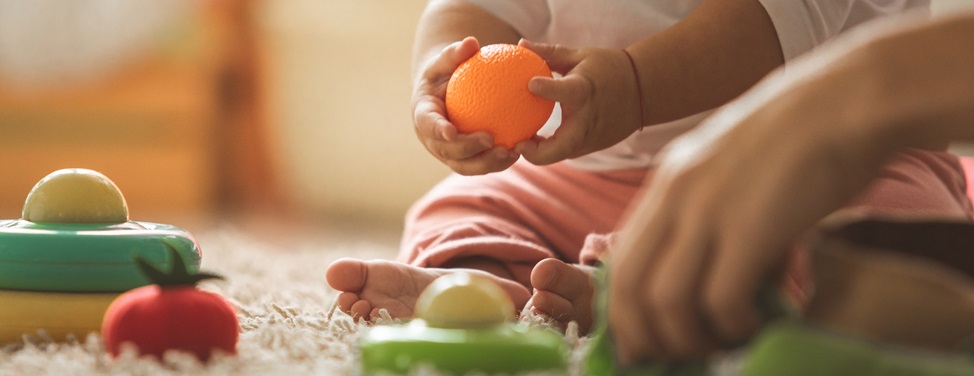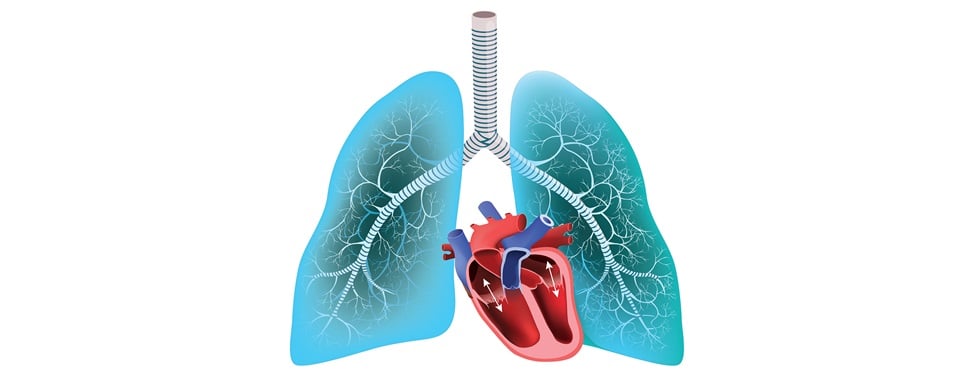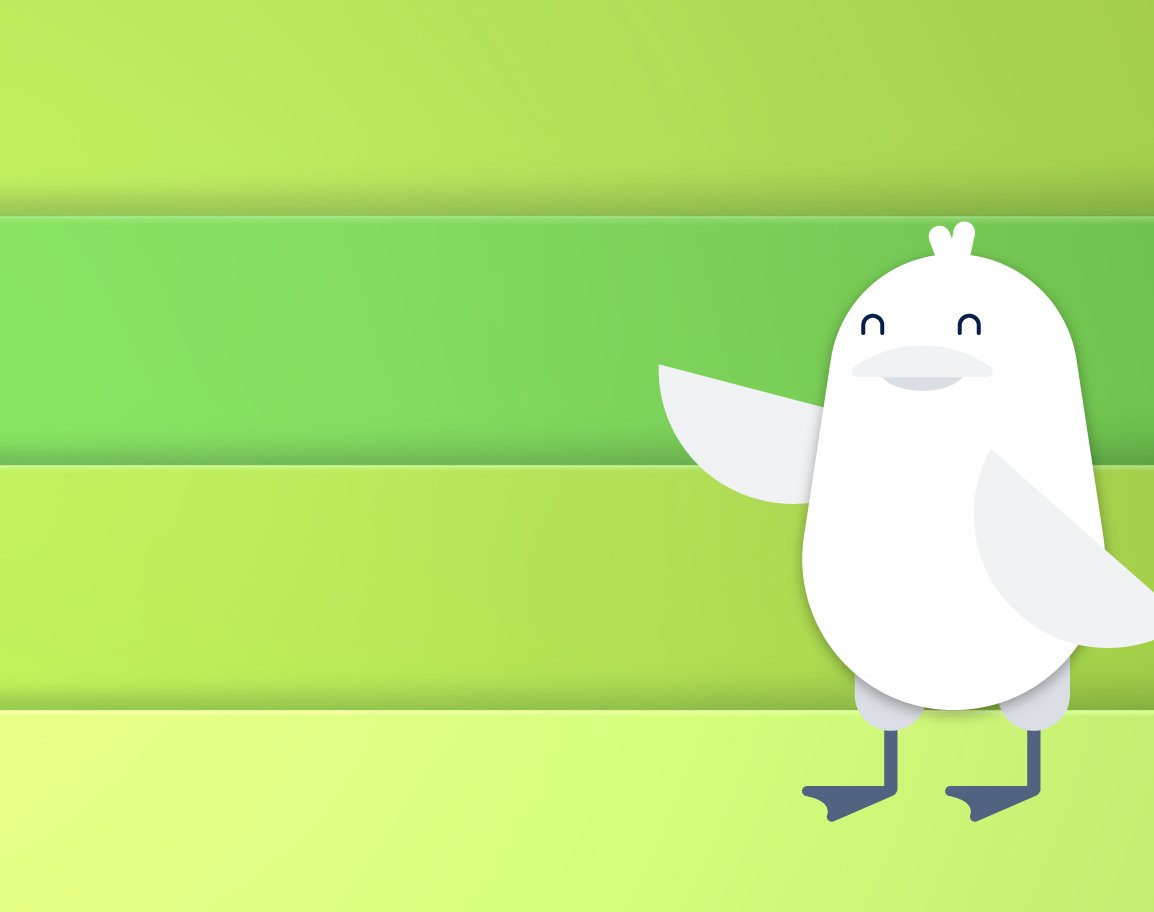Ally Jenkins suffered a stroke at age 14. She was airlifted from her local hospital to UCSF Benioff Children's Hospital San Francisco, where doctors discovered she had severe pulmonary hypertension and needed a lung transplant to survive. After her first set of transplanted lungs failed, Jenkins returned to UCSF Benioff San Francisco for a second transplant. She is now a healthy 17-year-old, and back to one of her passions — cheerleading. She and her mother, Vickee Jenkins, talk about their experience at UCSF Benioff San Francisco.
Tell us how you got the diagnosis.
Ally: I grew up my whole life being very active. One day I was cheering and my mom noticed something wasn't right, that my lips were blue and it didn't look like I was getting any oxygen.
Vickee: Her pediatrician kept diagnosing her with severe asthma. Then one night she woke me up and I heard a voice that I couldn't recognize. Her voice was slurring and I knew she had had a stroke. We went to our local hospital and they quickly airlifted her to UCSF. As soon as we got there, we met Dr. Fineman, who has become a huge part of our family.
Within the first 24 hours they told us she had pulmonary hypertension, and within four days, I think, she ended up on life support and they told us she wouldn't leave without a lung transplant.
What were you thinking at this point, Ally?
Ally: I was questioning if I was going to live or not — I didn't know. I was scared beyond belief. They told me that I was going to get a breathing tube, but I ended up not waking up for two and a half weeks, and when I did, they told me that I had a lung transplant and that my life was going to change. There would be a new normal.
I remember they tried to get me to start walking and back into the swing of things, and I was very depressed and didn't want to do anything. Finally they got me up to start walking, and I could feel my lungs actually breathing. That's the day I knew I was healthy again.
But you ended up needing a second lung transplant a year later?
Ally: I ended up having to get another transplant because the first set of lungs failed. I lived in the hospital for two months. One day my mom came in the room and said that I had a donor. I was so depressed before that, I didn't even want to get another transplant — I felt like I couldn't breathe again and I had to wear oxygen everywhere I went. But this time, [after the transplant] I woke up and they couldn't get me to sit down. I wanted to be walking. I wanted to be running. I wanted to do everything I could. And finally this year, I got back to my cheering.
Vickee, you pretty much lived at the hospital with her — tell us about that.
Vickee: They came in one day and told us that she was the sickest patient in the hospital and that she probably was not going to make it two weeks if she didn't get a lung transplant. So my husband and I made the decision — I think any parent would — that we were just never going to leave the hospital. At UCSF, they offer a wonderful women's facility, and I moved in there. It's basically like a cubicle, but I didn't care. It was just nice to know that I was close to her. It was just the day in, day out — getting her up, trying to get her healthy to get this transplant. The healthier she could be prior to surgery, the better.
Her doctors and staff were just incredible through this experience, putting her on a schedule, kind of like at home. Her nurses just rallied around her. They'd do her makeup for her every day and just helped her be a teenager as best as she could in the hospital. But it was a definitely a scary, scary time. I couldn't even imagine being anywhere else than UCSF, going through this. We had the top leader in the country in pulmonary hypertension and the best transplant team, and they really helped her.
Talk about your memory of Ally getting better.
Vickee: For a year she was so depressed. She wouldn't smile, she wouldn't talk. She wouldn't listen to her music. She wouldn't go on Facebook. So for her to wake up and say, "Let's start walking. I want to go home," was just music to my ears. I knew then that she was coming home and we were going to fight to get her life back.
How did you pick UCSF Benioff San Francisco for Ally's care?
Vickee: You know, we had the option of being transferred to another hospital and there was no question that we were going to stay at UCSF. I couldn't ask for a better team of doctors and a better team of nurses who became family. That's really the bottom line. They're family to us now.


































